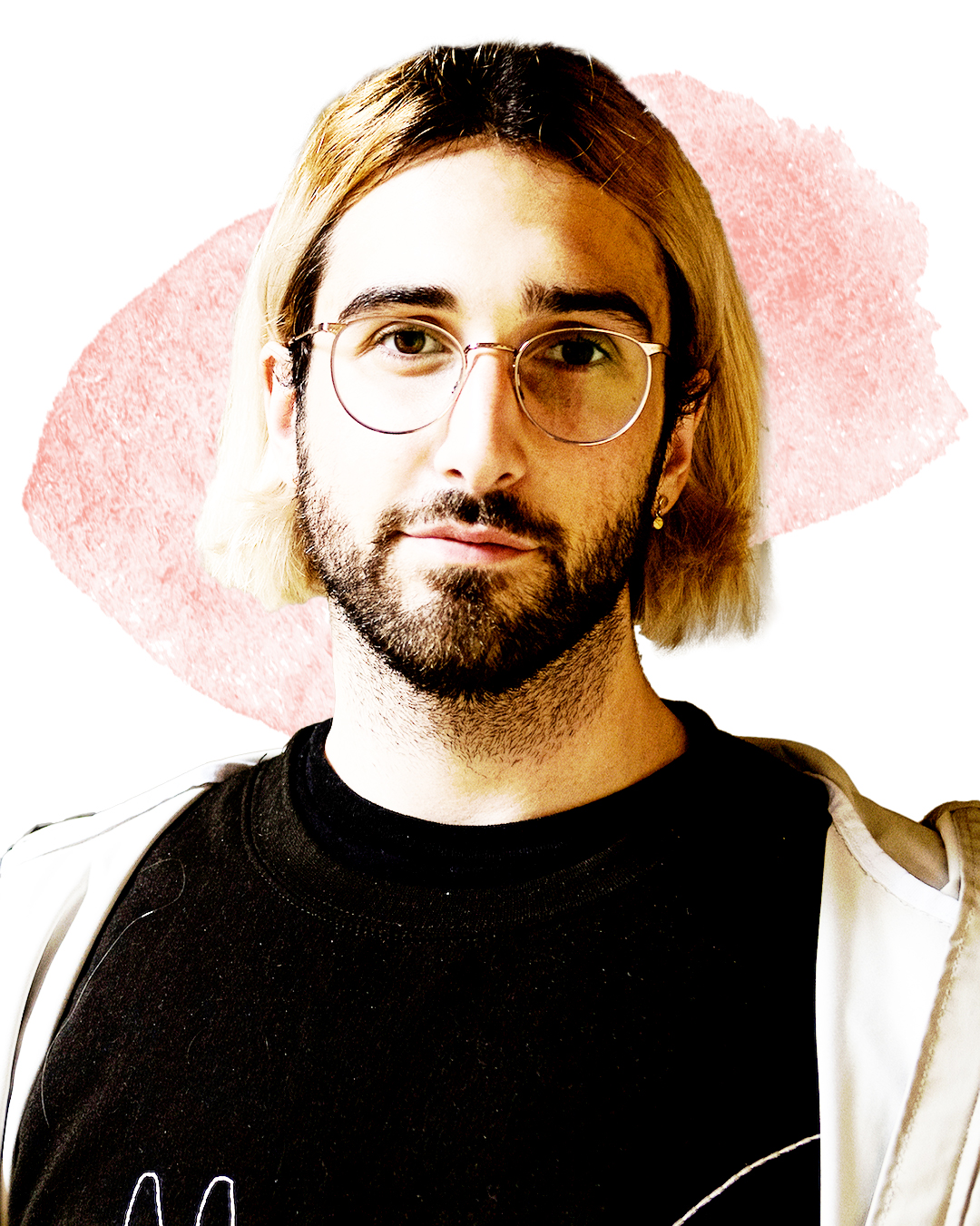Aidan Gomez was just 20 years old when he co-authored a research paper that would change the entire AI industry. It was 2017 and Gomez, then a Google intern, joined a team of researchers writing “Attention Is All You Need”; it proposed a novel neural network technique called the transformer that would learn relationships between long strings of data. Gomez and his seven colleagues raced to finish the paper for inclusion at a major AI conference, even sleeping in the office to make the deadline.
The paper would eventually underpin the current generative AI craze headlined by ChatGPT. But that took some time.
More from TIME
“I would be lying if I said I had any appreciation for what was to come,” Gomez, now 27, tells TIME in an interview. “Those of us close to the metal were very focused on building something that was very good at translation. It was very exciting and surprising afterward to learn the consequences of the work and what got created from the foundation.”
Since then, all of the co-authors of the paper have left Google to pursue their own ventures. That includes Gomez, who is now the CEO of Cohere, an enterprise-focused company he co-founded that helps businesses implement AI into their chatbots, search engines, and other product offerings. This year, the Toronto-based Cohere raised $270 million from companies including chipmaker Nvidia and venture-capital firm Index Ventures, and was valued at over $2 billion. Its backers include AI luminaries like Geoffrey Hinton. (Investors in Cohere also include Salesforce, where TIME co-chair and owner Marc Benioff is CEO.)
Gomez chose to focus on working with businesses because he believed that it was the “best way to close the gap” between AI models being explored in theory vs. being deployed out in the world. In particular, he is excited by AI’s potential to improve customer support, which he believes will be one of the first “killer apps” for AI.
Gomez dismisses AI doomerism: he has called the idea of AI being a threat to human existence “absurd.” Rather, he hopes that AI language models will be implemented into every online interaction. “I want the default mode of interaction for any website or service you land to be talking to it—because that’s what we do with humans,” he says. “This is our most natural interface for intellectual exchange, and I want that to be supported with our technology as well.”
- Cybersecurity Experts Are Sounding the Alarm on DOGE
- Meet the 2025 Women of the Year
- The Harsh Truth About Disability Inclusion
- Why Do More Young Adults Have Cancer?
- Colman Domingo Leads With Radical Love
- How to Get Better at Doing Things Alone
- Michelle Zauner Stares Down the Darkness





